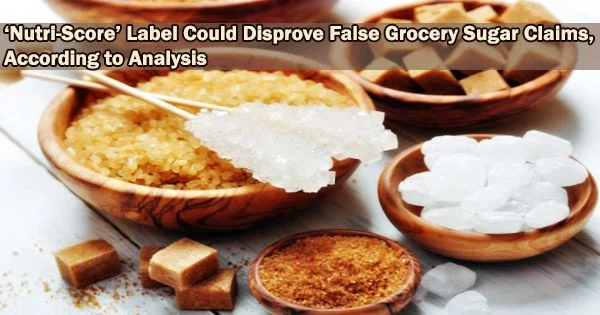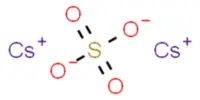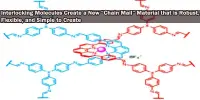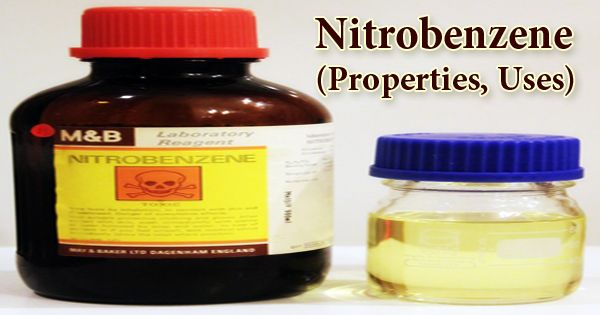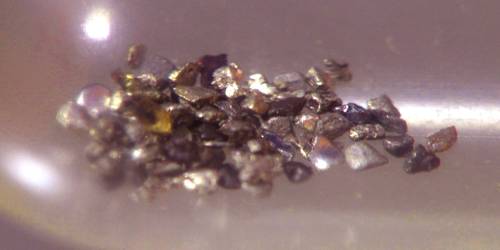According to a recent investigation, labels that list a food product’s overall nutritional quality, or Nutri-Score, can mitigate the deceptive impacts of sugar claims. Kristin Jürkenbeck and colleagues of the University of Göttingent, Germany, present these findings in the open-access journal PLOS ONE on August 17, 2022.
A high sugar intake has been associated with a higher risk of weight gain and other health problems. Therefore, some businesses mark their products with statements like “without added sugar” or “less sweet” to indicate their sugar content. Consumers, however, can take such assertions to imply that a food item is healthier than it actually is.
In order to provide consumers with information on the general nutritional quality of food goods, the Nutri-Score label is another type that is increasingly utilized in European nations. The Nutri-Score can help customers choose healthier foods, according to prior study.
Now, Jürkenbeck and colleagues have examined how the Nutri-Score might interact with sugar-content labels. In October 2020, they conducted an online survey of 1,103 German participants.
Nutrition or taste claims about sugar on the front of packages can improve the health perception of foods with poor health images.
Following the presentation of photos of the packaging for three fictitious products instant cappuccino, chocolate muesli, and an oat drink with various combinations of sugar claims and Nutri-Score labels, the survey asked participants for their impressions.
According to statistical analysis of the survey data, assertions regarding reduced sugar did in fact cause participants to believe that hypothetical products were healthier than they actually were when a Nutri-Score was absent. The existence of a Nutri-Score, however, mitigated those impacts and decreased false beliefs regarding the healthfulness of fewer nutrient-dense diets.
The researchers recommend limiting the use of sugar content claims and comparable labeling as well as requiring the use of the Nutri-Score by businesses that do make such claims. They also urge further investigation into the effects of the Nutri-Score for new food categories and in relation to other advertising claims that can deceive consumers about the nutritional value of foods.
The authors add: “Nutrition or taste claims about sugar on the front of packages can improve the health perception of foods with poor health images.”
